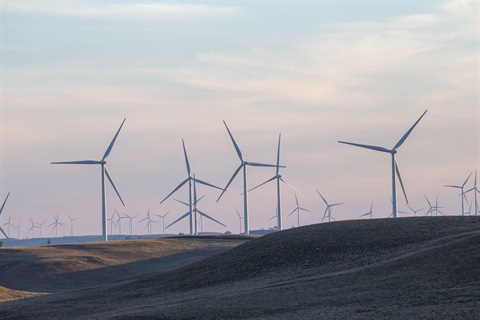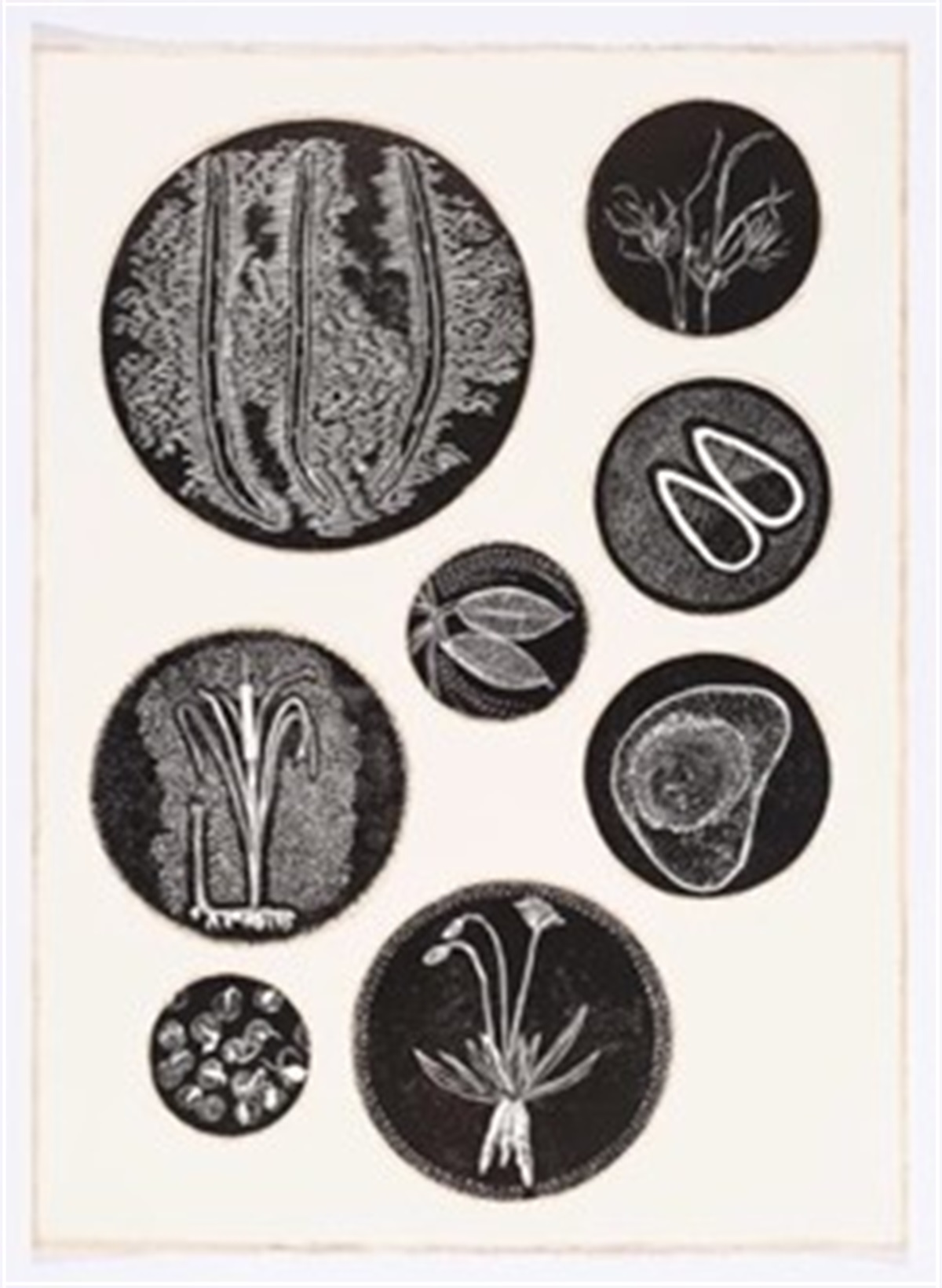Adam Goodes: The Final Quarter is a documentary which will no doubt spark further shrill calls about racism in Australia.
The Conservative Party sees it as being entirely possible that a heated debate about racism is being fanned to fill the void left by the battle-scarred socialists who have temporarily left the field of public debate following their federal election loss, to lick their wounds and regroup.
Made up entirely of archival footage and material, with no voiceover commentary, The Final Quarter traces events that took place during the final three years of Goodes’s AFL career.
The Final Quarter sets out the timeline, beginning in a 2013 match against Collingwood at the MCG. It was during the AFL’s indigenous round, and Goodes was called an “ape” by a 13-year-old Collingwood supporter. He reacted immediately and she was removed from the ground.
Goodes was booed in the weeks and months following that incident but in 2014 Andrew Bolt called out Goodes lecture to the nation as the incident that really fuelled the booing when he wrote in his Herald Sun blog:
“Footballer Adam Goodes has let us down as Australian of the Year, using his soapbox to vilify our past and preach division.
The Swans captain this week denounced “our very dark past, a brutal history of dispossession, theft and slaughter”.
“Europeans, and the governments that have run our country, have raped, killed and stolen,” he wrote in Fairfax newspapers.
Goodes attacked Australians who resisted this lurid characterisation of our past: “The people who benefited most from those rapes, those killings and that theft … turn away in disgust when someone seeks to expose it.”
A word to Goodes, who identifies as a “proud Adnyamathanha man” – an Aboriginal from a Flinders Ranges tribe:
Adam, my grandparents committed no thefts, rapes or murders.
My ancestors were all in Europe when, you claim, our governments were raping and slaughtering Aborigines.
Adam, you yourself have European ancestors. I trust you can vouch they, too, committed no rapes and slaughters.
So why are you on one side of your racial division and I on the guilty other?
And when you attack “the people who benefited most from those rapes, those killings and that theft”, do you include yourself?
After all, you’ve benefited more than most from the society built, you claim, by “the people in whose name the oppression was done”.
Before British settlement, Aboriginal deaths in tribal warfare rivalled European losses, per capita, in World War I, says historian Geoffrey Blainey in Triumph of the Nomads.
Life for many Aborigines then was brutishly harsh and often included appalling rates of violence against women, as established by paleopathology expert Stephen Webb from the evidence of fractured skulls.
But Goodes now is rich and famous, despite the racism he suffered when young. He has freedom, the best healthcare and a life of luxury unimaginable to his distant ancestors.
So why didn’t he praise the good as well as acknowledge the bad of our past – a bad that he seems to have grossly exaggerated?
Why didn’t Goodes say that to divide us by “race” is a nonsense now, with our tangled genealogies?
But I am not surprised by the divisive rhetoric.
After all, a 13-year-old girl was subjected to national humiliation after she shouted “ape” at the bearded footballer from the sidelines of a tense game.
She was removed from the stands and made to wait two hours after she’d been interviewed by police while it was decided what to do with her.
She was then called the “face” of racism. The girl was named and film of her shown around the country, although she insisted she had not meant “ape” as a racial slur and was sorry.
There was only one way Goodes, a powerful adult, could be seen as the victim in this contest with a schoolgirl.
It reduced these two individuals to the crudest of racial stereotypes – black victim and white oppressor. It was to twist the facts to suit the fiction of a country rived by racism.
For instance, he said his mother, raised by an English family, was “a member of the stolen generations”.
But whether the stolen generations exist is a highly contested issue.
She came from South Australia, which the state’s Supreme Court found in 2007 never had a policy of removing children just because they were Aboriginal.
Brian Bennett worked for the Aborigines Department when Goodes’ mother was a girl, and told the court: “I don’t believe that I, at any time during my career as a welfare officer, had the power to remove an Aboriginal child from its parents.”
The judge also cited a letter written in 1958 by the Secretary of the Aborigines Protection Board: “Our legislation does not provide that neglected children can be removed from their parents, except by transfer to the Children’s Welfare and Public Relief Board who in any case, will not accept them.”
In South Australia, Aboriginal children could only be adopted “with the authority of the parents” but too few got that chance – as Goodes’ mother apparently did.
“Unfortunately, there is a considerable amount of undernourishment, malnutrition and neglect,” the secretary mourned.
Our history is not as simple as Goodes claims. Nor is our guilt.”







